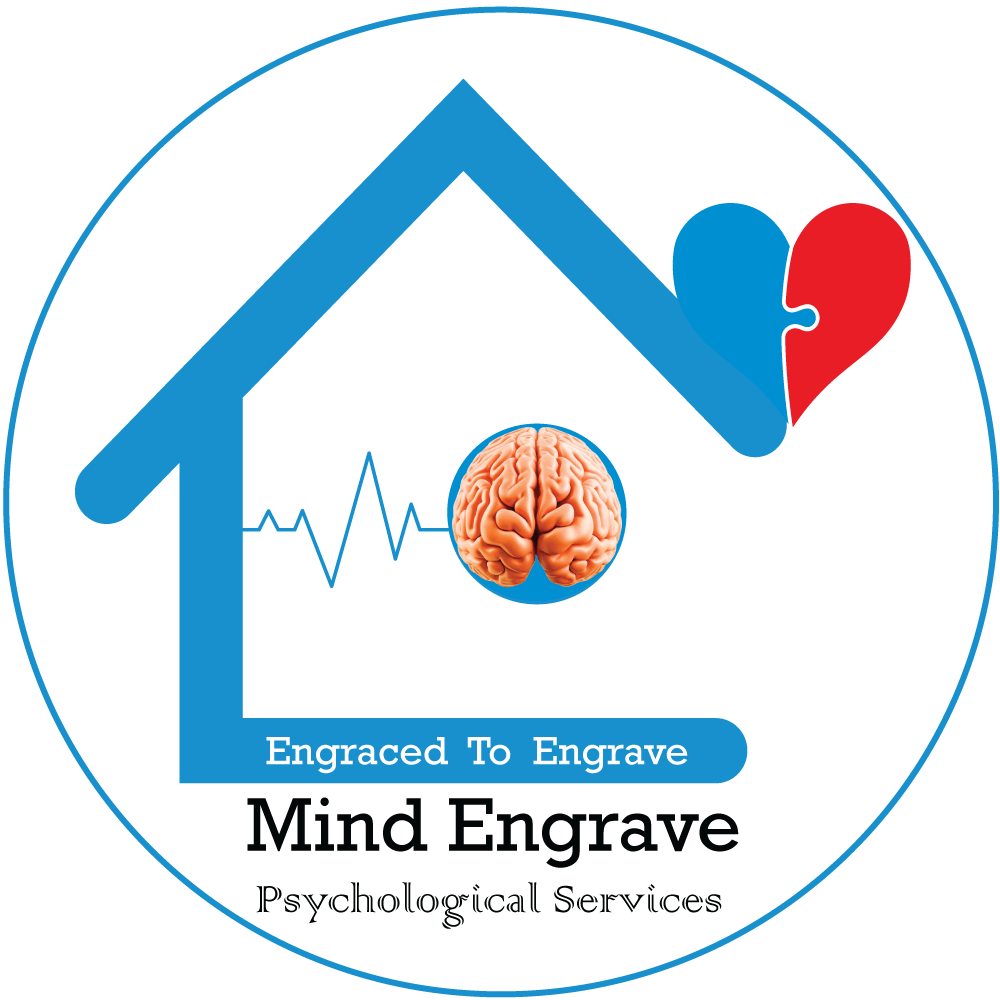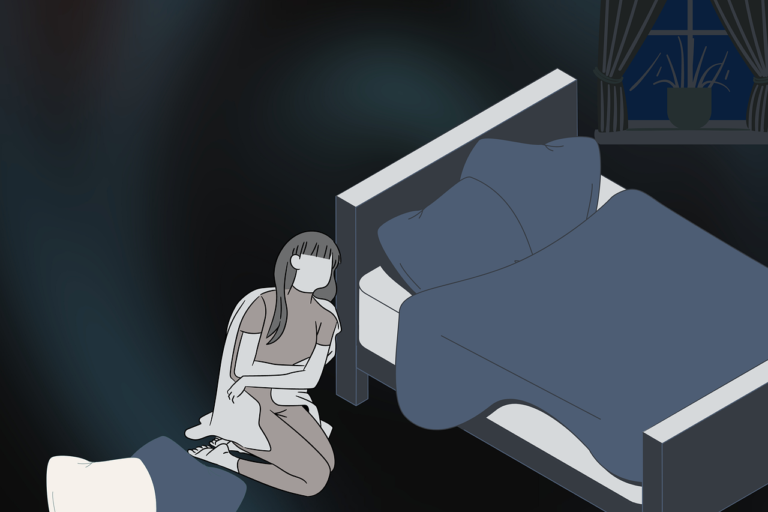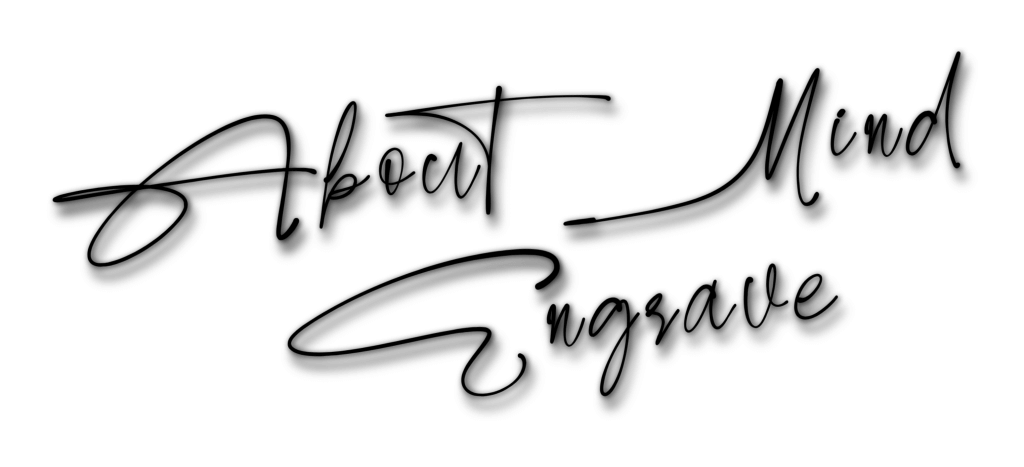What Is Mental Health?
Health is a state of complete physical, mental and social well being. It is not merely the absence of disease or sickness. Mental health refers to the level of our cognitive, behavioral, and emotional wellbeing. That is, it is all about how we think, feel, and behave. In other words, is not merely the absence of disease or sickness, but the state of well being in which an individual realizes his or her own abilities, can cope with the normal stresses of life, can work productively and is able to make a contribution to his or her community. In essence, it is much more than just the absence of mental disorders or disabilities.
From the point of view of positive psychology, mental health may include an individuals ability to enjoy life and to create a balance between life activities and efforts to achieve psychological resilience.
According to World Health Organization (WHO) mental health is a subjective well-being, perceived self-efficacy, autonomy, competence, inter-generational dependence, and self-actualization of ones intellectual and emotional potential, among others. This definition connotes that mental health is not just the absence of mental disorder that well-being of an individual is encompassed in the realization of their abilities, coping with normal stresses of life, productive work, and contribution to their community. In essence, when we consider the cultural differences, subjective assessments, and competing professional theories, how we defines “mental health” becomes relative. According to experts, we all have the potential to develop mental health challenges (mental illnes) regardless of our age, gender, socio-economic status, or ethnic affiliation.
The diagnosis of mental illness can be controversial. There have been many debates in the medical community about what is and isn’t a mental illness. The definition can be influenced by our society and culture, but most mental illnesses occur across all countries and cultures. This suggests that they are not just constructed by social norms and expectations, but have a biological and psychological basis too.
Mental illness otherwise known as mental disorder are not uncommon, and the global burden of mental health disorders is projected to reach 15% by the year 2020. By this time, it is estimated that common mental disorders such as depression, Anxiety disorder, and substance abuse-related disorders, will disable more people than complications arising from AIDS, heart disease, accidents, and wars combined. This is an astonishing statistic and poses serious questions as to why mental health disorders are not given much more attention that it currently receives.
In Nigeria, an estimated 20% – 30% of our population are believed to suffer from mental disorders. This is a very significant number considering the fact that Nigeria has an estimated population of over 200 million. Unfortunately, the attention given to mental health disorders in Nigeria is at best, fleeting; the level of awareness of the Nigerian public on mental health issues is also understandably poor, and the misconceptions regarding mental health have continued to flourish.
The WHO estimates that only about 3 percent of the governments budget on health goes to mental health. A large proportion of the people who have a mental disorder have more than one. In Nigeria and much of the developed world, mental disorders are one of the leading causes of disability
There is strong inter-relationship between mental health and mental illness, and for this reason both term are increasingly being used as if they mean the same thing, but they do not. Every individual has mental health, just like everyone has health but everyone will struggle or have a challenge with their mental well-being (that is., their mental health) just like we all have challenges with our physical well-being from time to time. However, with the right supports and tools, anyone can live well, find meaning, contribute to their communities, and work towards their goals. Therapists, psychiatrists, psychologists, social workers, nurse practitioners, or family physicians can help manage mental illness with treatments such as therapy, counseling, or medication.
There are different types of mental illness. Nearly 300 mental disorders were listed in the Diagnostic and Statistical Manual of Mental Disorders – 5 (DSM-5). Among the main groups of mental disorders are, anxiety disorders, mood disorders, personality disorders, psychotic disorders, eating disorders, trauma-related disorders, and substance abuse disorders.
Although it appears difficult to ascertain the presence of mental illness, but there are general symptoms that serve as pointer or signal to the presence or occurrence of mental illness. Some of these symptoms include social withdrawal, change in sleeping or eating habits, consistently low energy, extremely high and low moods, long-lasting sadness or irritability, excessive fear, worry, or anxiety, inability to complete standard tasks (such as cooking a meal), and thoughts of harming ones self or others. When you have or observe two or more of these in others highly suggest the presence of mental illness and further assessment is required.
There are various ways people with mental health problems might receive treatment because what works for one person may not work for another. Treatments can include Psychotherapy (psychological approach to treating mental illness) such as Cognitive behavioral therapy (CBT), Exposure Therapy, and Dialectical Behavior Therapy; or Chemotherapy. However, research showed that treatment approach is more successful when combined chemotherapy and psychotherapy are combined.
Your mental illness may not go away on their own, and they may get worse over time if you dont seek right help. See your therapist or a mental health provider before your mental illness gets worse. It’s easier to treat if you get help early. Check the Mental health myths and facts in order to be able to make informed decisions.
Request an Appointment at Mind Engrave Clinic, Ikotun, Lagos State, Nigeria. Or Call a Therapist on +2348160613745.
For more information, please visit our Homepage. Please note that any information on this website regarding medications is provided for educational purposes only and may be outdated. Diagnosis and treatment decisions should be made in consultation with your mental health provider. Information about medications changes frequently.
Article Also Available At: Mind Engrave Africa
Updated: 23/11/2020








